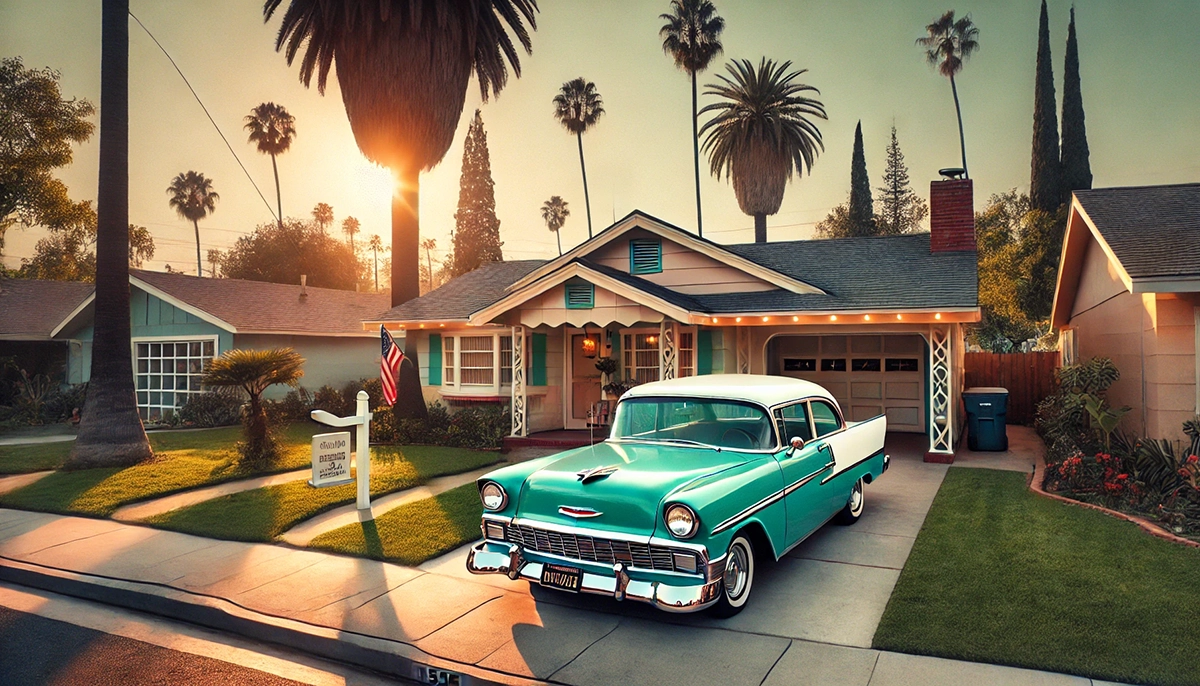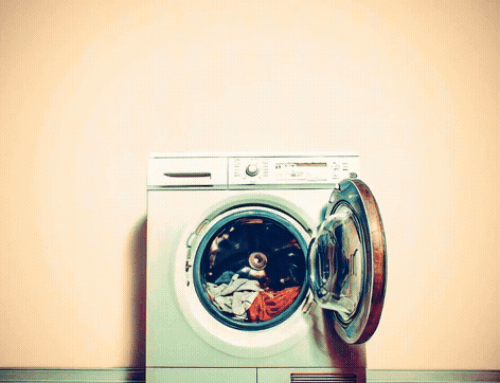“Stuff” – How Much Do We Need?
In the 1950s, life was far different from what many people imagine today. Back then, everything was tiny—houses, cars, vacations, and even the expectations of what a family needed to live a good life.
In the 1950s and 1960s, the average home in America was just 983 square feet. The best-selling car was the Chevrolet Bel Air, and most families owned only one car—often second-hand and in constant need of repair. Most homes had one television, which was used primarily in the evenings after dinner. Fathers usually worked second jobs to make ends meet, while mothers stayed home to cook, clean, and raise the children.
It was a time when, if something wasn’t sold at Sears, it practically didn’t exist. People bought little, made do with what they had, and lived.
Then Came the Boomers and the Era of “More”
By the 1970s, the Baby Boomers were coming of age, and suddenly, “small” was no longer good enough. We convinced ourselves that we needed more space, luxury, and convenience. Advertising played a crucial role in making us believe that we could not have more but deserved more.
Homes got bigger, bedrooms became en suites, and families went from owning one car to having multiple, often purchased on credit. “Keeping up with the Joneses” became a national pastime, and “stuff” became the measure of success.
Today, many younger generations lament that they will “never be able to afford a house like their parents.” That may be true—but why should they? Nothing is free, and life is hard.
The Value of Struggle & Simplicity
There is nothing wrong with starting small. Living in an 800-square-foot apartment in an affordable neighborhood, saving for a modest home, and driving a five-year-old car is not a failure—it’s a starting point.
The real problem is our addiction to stuff. Do we truly need the latest iPhone every year? A brand-new SUV? A kitchen with granite countertops and smart appliances?
Maybe Trump’s tariffs will raise the cost of Chinese goods. So what? Most of what we buy is unnecessary anyway. If prices rise on cheap consumer goods, we might reevaluate our spending habits.
The Two Most Important Words for Financial Success
Over the years, people have asked me for financial advice for their children. My answer is always the same:
Learn to say these two words—”I can’t afford it.”
It’s a scary phrase in a society obsessed with appearances and consumption. But once you get comfortable saying it, you’ll realize you don’t need all that stuff. What matters is financial security, health, good food, and meaningful experiences—not clutter and debt.
If our grandparents could build a life with less, so can we. Simplicity isn’t a sacrifice—it’s freedom.






Leave A Comment